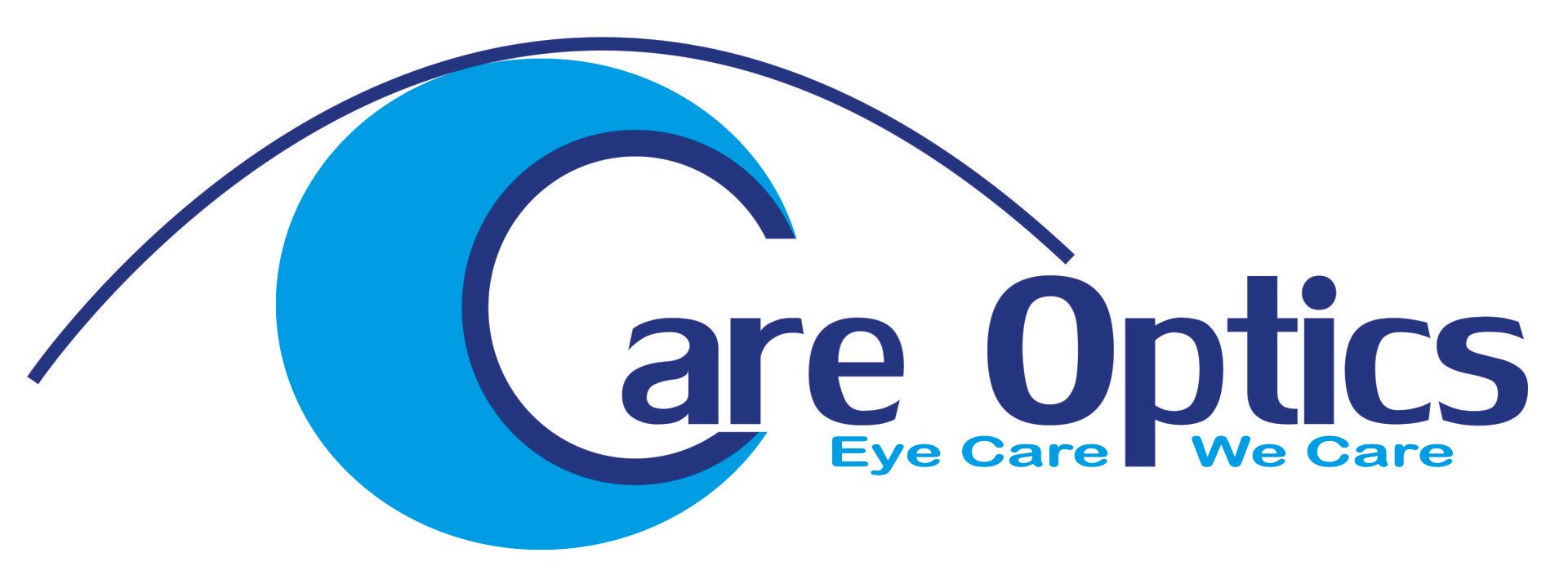Frequently Asked Questions
FAQs
We have answered your most commonly asked questions about your eye health, vision, eyewear and general questions regarding our opticians here.
How often do you recommend I return for an eye test?
Book an eye testNormally for adults, it's every 2 years unless they have a medical condition. For children, it's once a year depending on their age.
Is it better to go to an independent optician?
Choosing an independent optician often means more personalised service and unique frame options, while larger chains might offer a broader selection and lower prices. Both provide professional care, so your choice depends on whether you value individual attention and supporting local businesses, or prefer a wider range and potential cost savings.
Are eye tests free for over 60s?
In the UK, eye tests are free for people aged 60 and over. This benefit is part of the NHS services, so if you're in this age group, you can have your eye test at no cost.
At what age should children first visit the optician?
Children should have their first eye test at around the age of 3. This helps ensure their vision is developing properly. If you notice any signs of vision problems earlier, it's a good idea to visit an optician sooner.
How important is the fit of my glasses?
Let's get your glasses fitted!The proper fit of your eyeglasses is crucial. Ill-fitting specs can lead to discomfort, reduced vision correction, and potential eye strain. A well-fitted pair should sit comfortably on your nose bridge, not slide down, and have temple arms that rest securely behind your ears without pressure. If your glasses don't fit correctly, it's advisable to have them adjusted by an optician. Proper fit ensures optimal vision correction and comfort throughout the day.
What is the typical duration of a comprehensive eye examination?
A thorough eye examination usually takes between 30 to 60 minutes. This timeframe allows for a complete assessment of your visual health, including:
2.2 billion
people worldwide have a vision impairment, with at least 1 billion of these cases being preventable or yet to be addressed.
28%
increase in myopia (nearsightedness) of the world's population in 2010 to 50% by 2050.
35%
of diabetic people worldwide affected by diabetic retinopathy.
2 mil
people in the UK are living with sight loss, and this number is projected to increase to over 4 million by 2050 due to an aging population and increasing prevalence of lifestyle-related risk factors.
We hope this FAQ section has answered your questions and provided the information you need. If you have any further queries or require personalised advice, please don’t hesitate to get in touch with our friendly team. You can reach us via our contact page or by visiting us in practice.
Thank you for choosing Care Optics – we look forward to helping you see life more clearly!
Powered by LocaliQ
